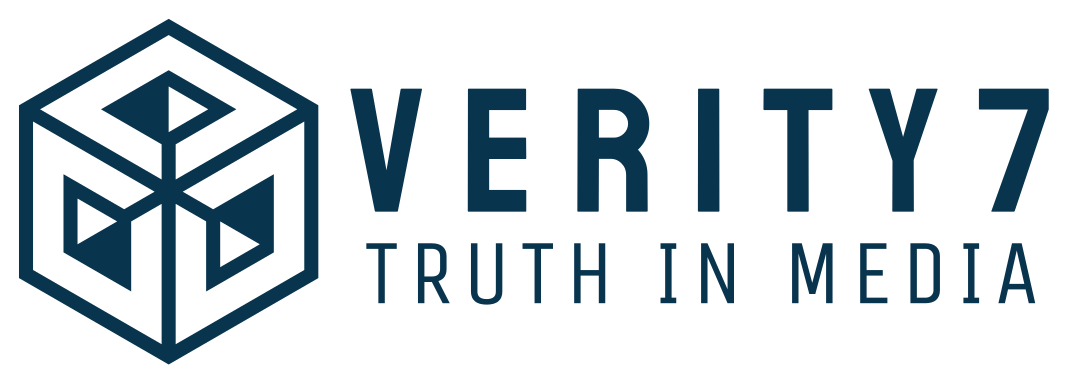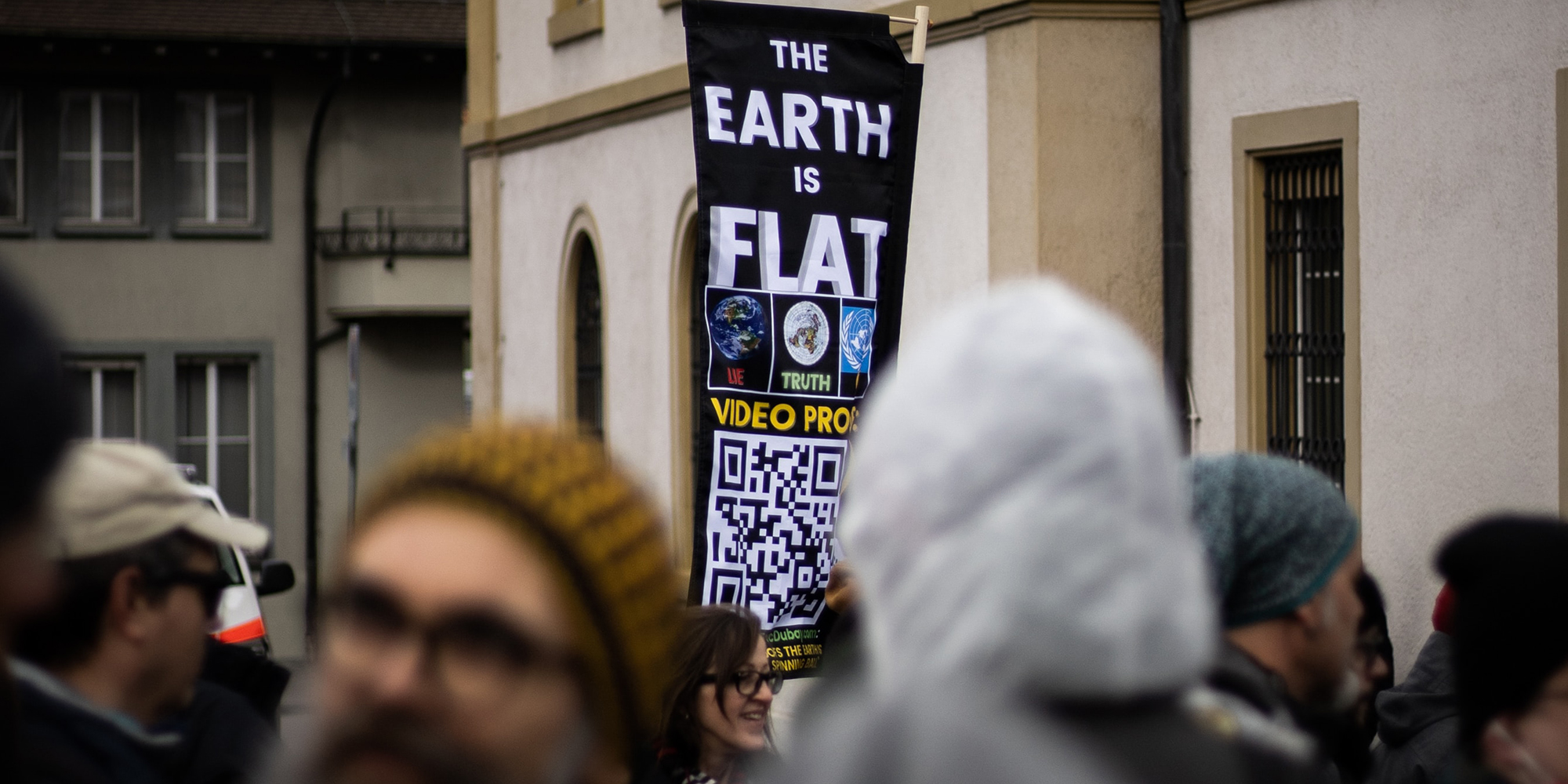In the summer of 2023, we saw a number of articles about Ohio GOP Congressman Jim Jordan having issued subpoenas to universities that were attempting to fight off disinformation with facts. Clearly, he disliked the idea that anyone could call him a liar and be right about it. It seems obvious to some (but not all!) that if you are against folks who call liars liars, you must be some kind of liar.
But this brand of serial lying is being reconfigured as a freedom of speech gambit. What they are saying, in part, is that lies are a form of protected speech. Which, of course, they are. You can stand in front of the supermarket lying about everything from the price of tea to the color of the sky and nobody can force you to stop—or at least not on free speech grounds. But that is not the problem, and that is not what these folks are asking for. What they seem to demand is that their lies go unchallenged.
They are trying to say that if you issue a counternarrative to a lie—be that counternarrative true or not true—then you are trampling their right to free speech. And if you openly call them liars, you are perhaps even breaking the law in some way.
We are increasingly challenged to discern truth from lies in today’s media environment. With US Congresspeople defending human deepfake behavior (otherwise known as lying), with AI hallucinations, and with generative AI creating images that look like photographs but are not based on photography of actual objects—with all of this in play, we are all but inundated with disinformation, misinformation and outright lies.
It’s a perfect environment for a Jim Jordan, a Trump, or a Steve Bannon-type to claim they have succeeded in making it nearly impossible for the average person to tell what a fact is versus a lie. These are the folks who invented the idea that there are such things as “alternative facts”. And apparently, the conservative SCOTUS agrees with Jim Jordan that calling out lies is unconstitutional.
Reuters says that on July 4, 2023, “A U.S. federal judge on Tuesday restricted some agencies and officials of the administration of President Joe Biden from meeting and communicating with social media companies to moderate their content.” This is because the Biden administration was trying to keep purposeful disinformation about Covid vaccines off of social media. Ostensibly, these lies about vaccines created a public health hazard. But the US Constitution does not distinguish types of speech, and, in fact, as stated above, lies are protected speech. So there is no apparent role for government to play in trying to reduce the amount of disinformation in today’s media—because doing so would impinge on a liar’s right to free speech.
There is some legitimacy to their complaint. It is rather unseemly that the government coordinate speech with anyone, ever. Of course, they always have. Anyone who thinks FDR didn’t have cocktails with the Hearst News organization (a political adversary) to cajole them into opposing him less energetically, certainly has never studied history. And the same would go for Truman, Eisenhower, JFK, and Johnson. They all wanted to curry favor with a powerful press corps. From Nixon onward, however, GOP Presidents were openly disdainful of the media in general. That said, it is tough to imagine that President George W Bush would never have gotten on the phone with a journalist to try and wield some kind of influence. Arguably, these may also have been so-called “coercive” discussions. But no one had a problem with a government official talking privately to the owner of a news corporation back then, perhaps because liars prior to 2016 hadn’t much of a constituency on Capitol Hill.
After 2016, lying became the coin of the GOP realm. Once Trump made open, cynical, unapologetic, repeated lying a foundation for political success, then it became necessary to protect lies and liars from truth and truth-tellers.
We can debate shadings of truth. We can talk about how facts impact us, without denying the facts. I believe open debates about the impact of actual things in the world are healthy for everyone regardless of political affiliation.
But we cannot proceed very far in an environment where anyone who calls out a lie or a liar is targeted as a censor. The GOP’s Jim Jordan and others like him have corrupted the notion of censorship to mean “disagreement and counternarrative”.
I disagree with this and offer a counternarrative as follows:
Yes, lying is protected speech.
But personal attacks on those who call out obvious lies cannot be tolerated in a civil society. Those personal attacks must also be called out as part of the liar’s own protective camouflage.
Once we lose sight of the notion that facts are not simply opinions, we will have a very long road back to data-driven decision-making. We are perilously close to that today.
Verity7 helps companies to proactively prepare for disinformation challenges in today’s digital landscape. Find out how using our simulation software, your company can be prepared to help you safeguard your brand and maintain public trust in an era of information warfare.



